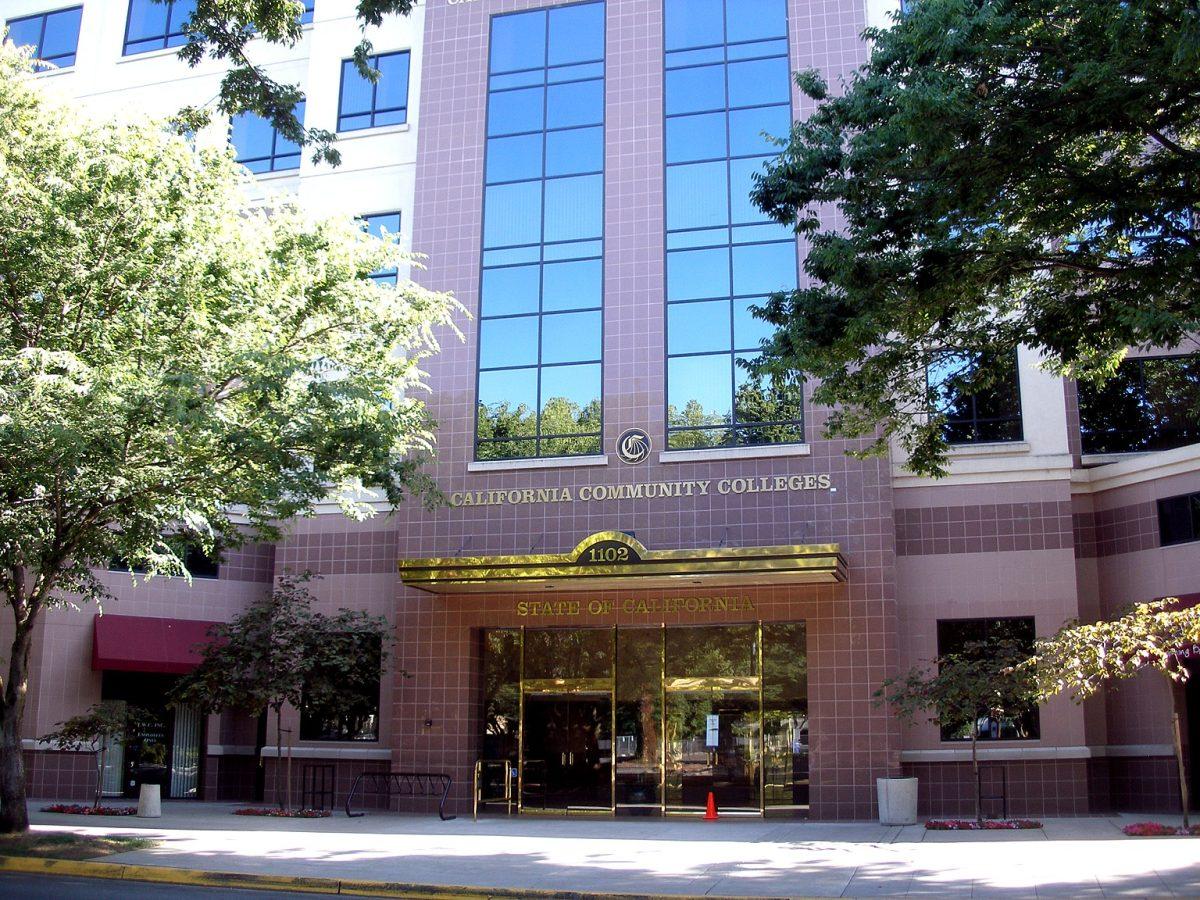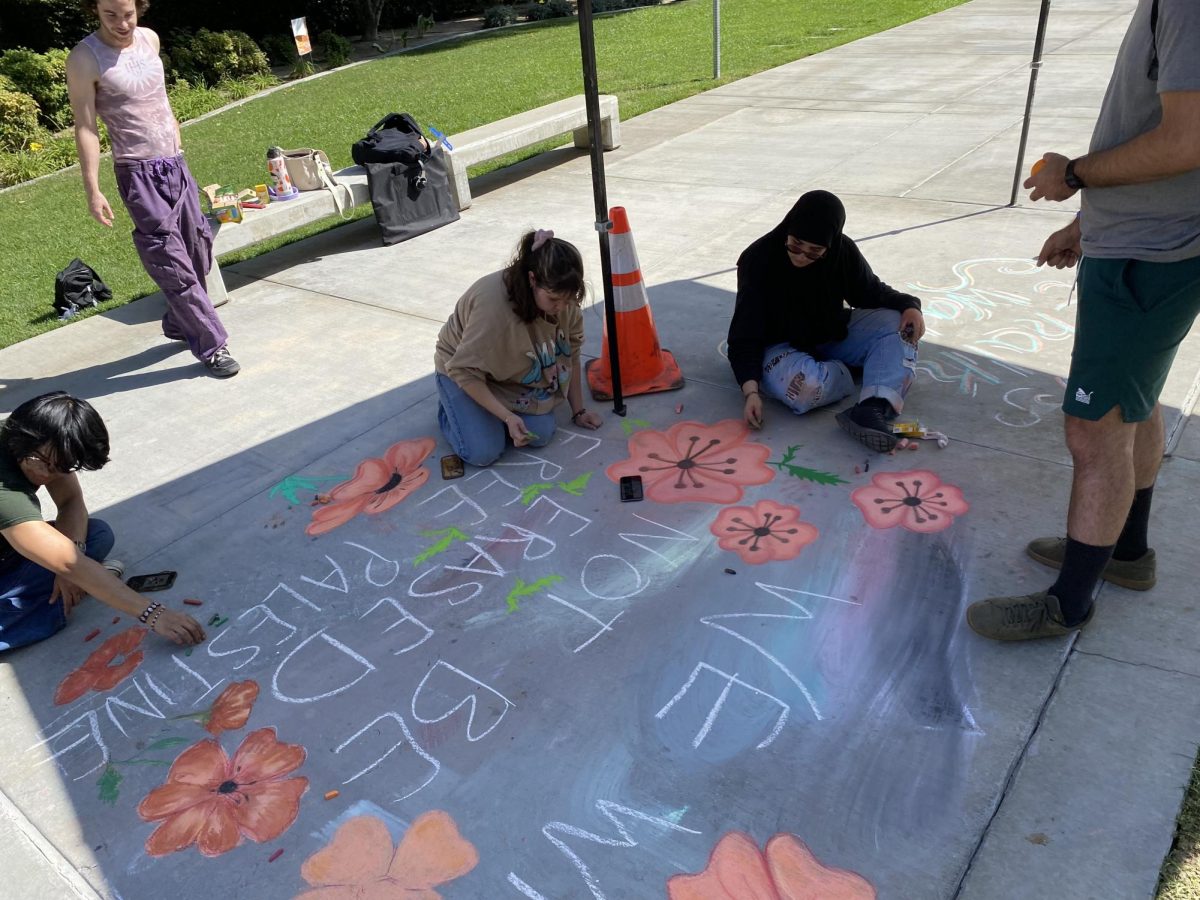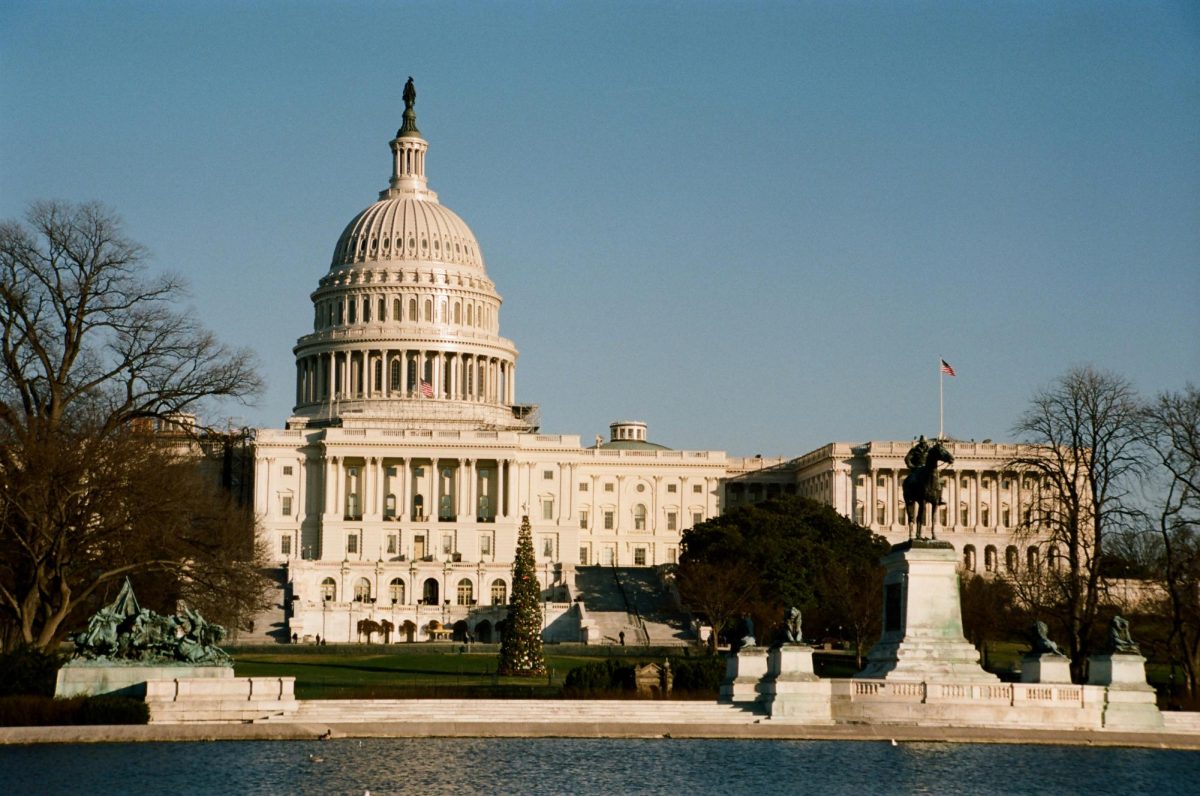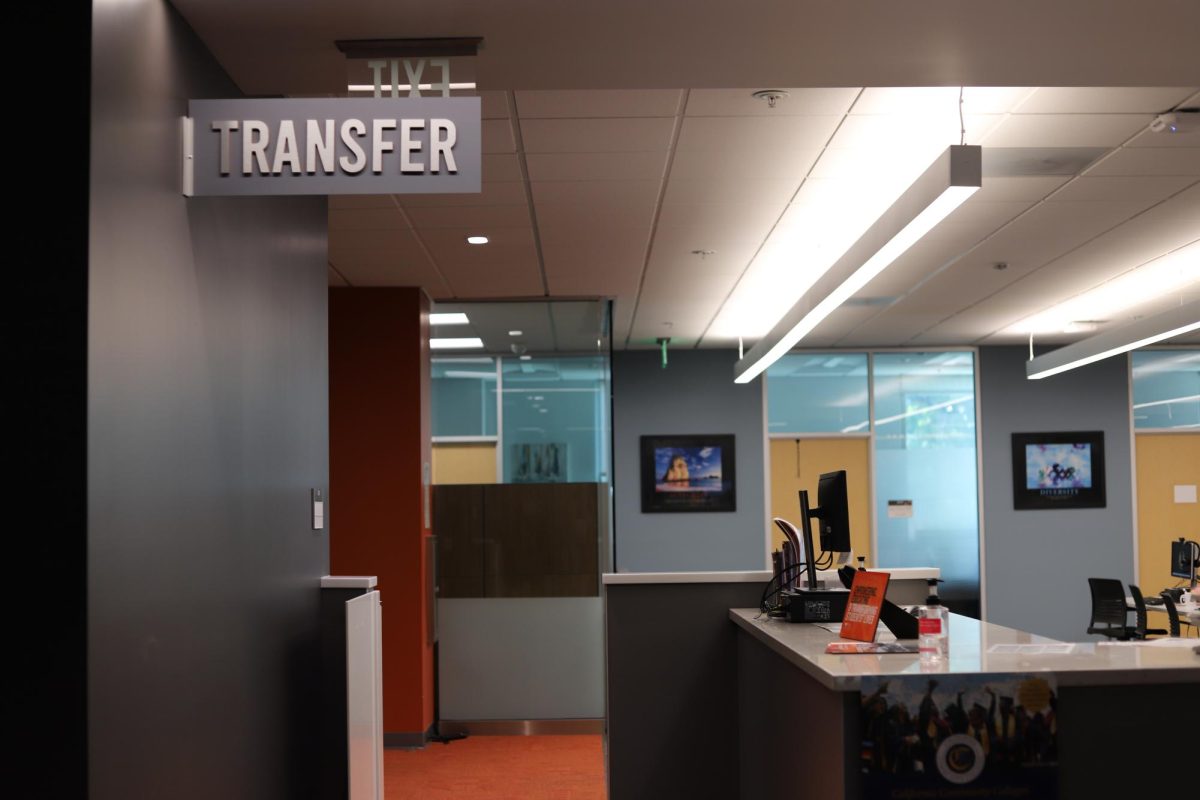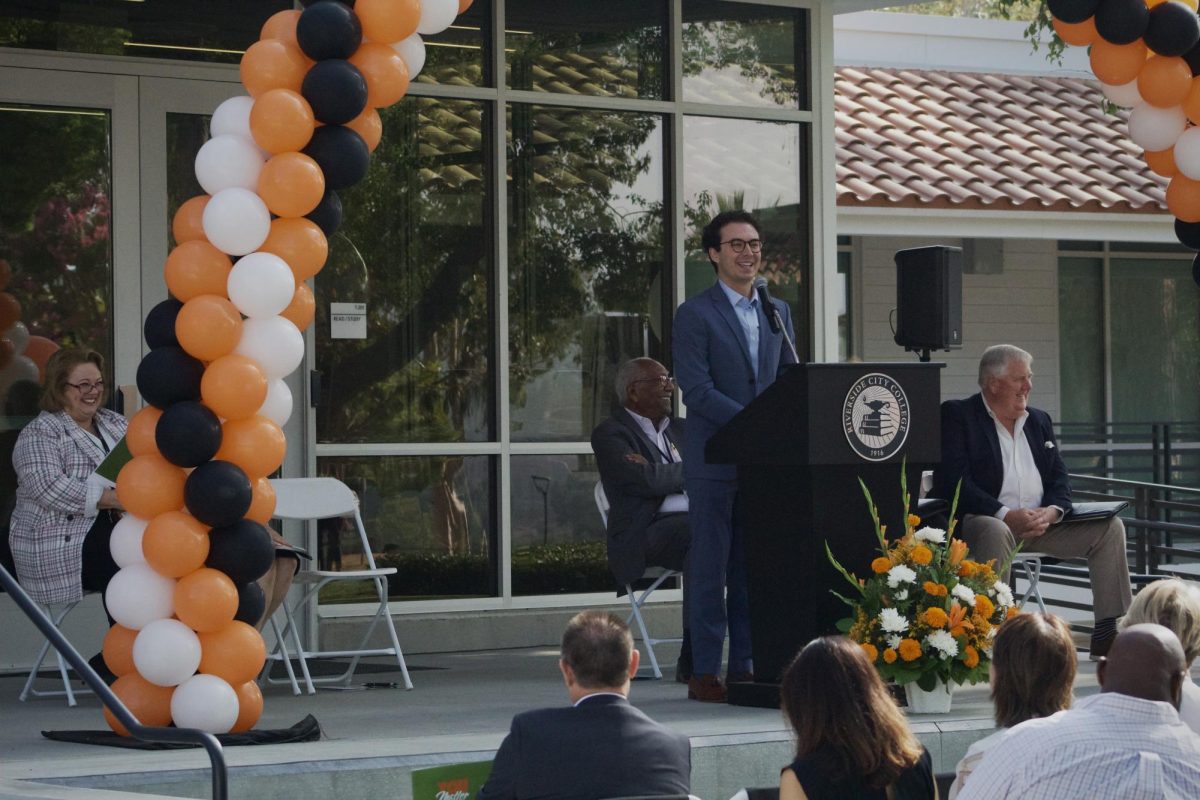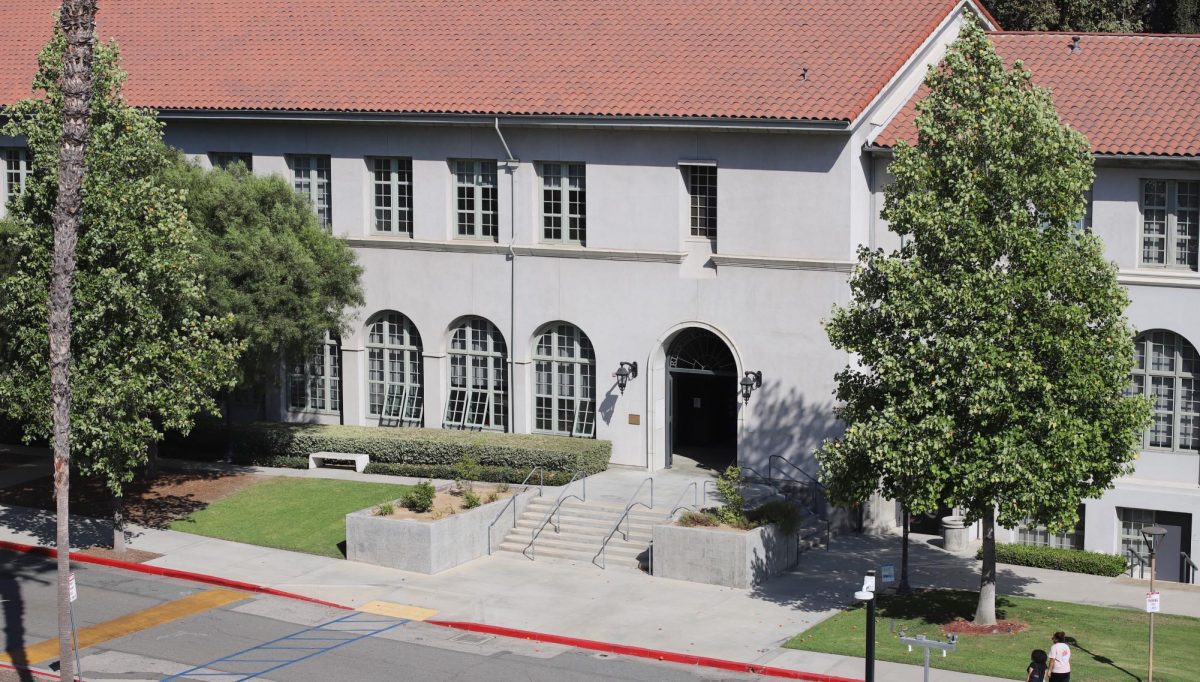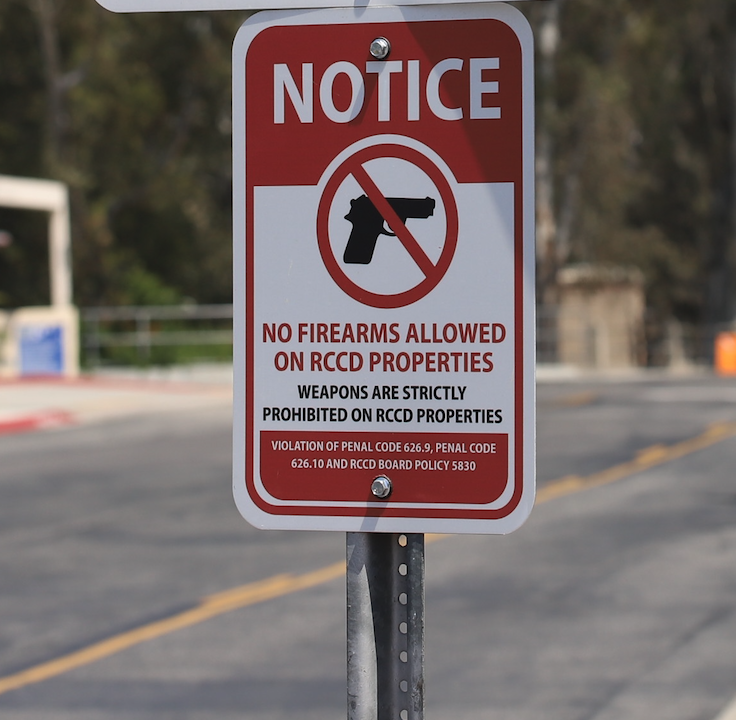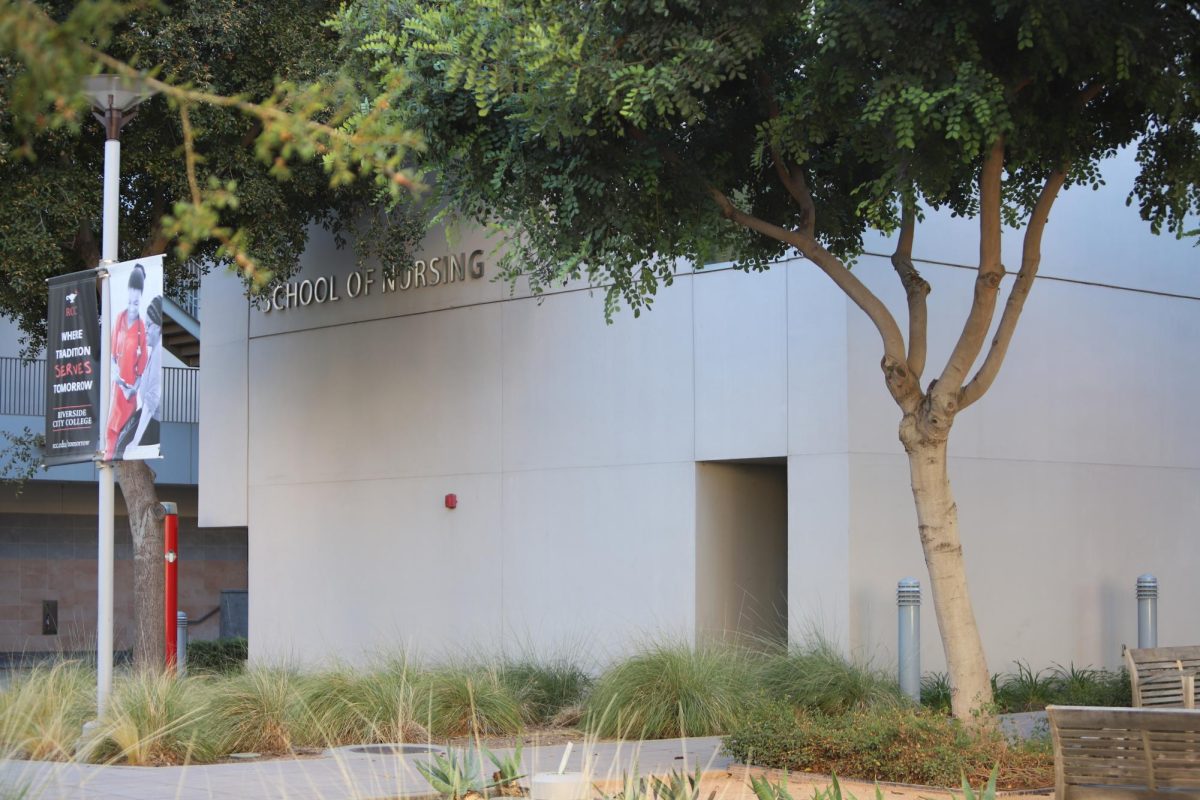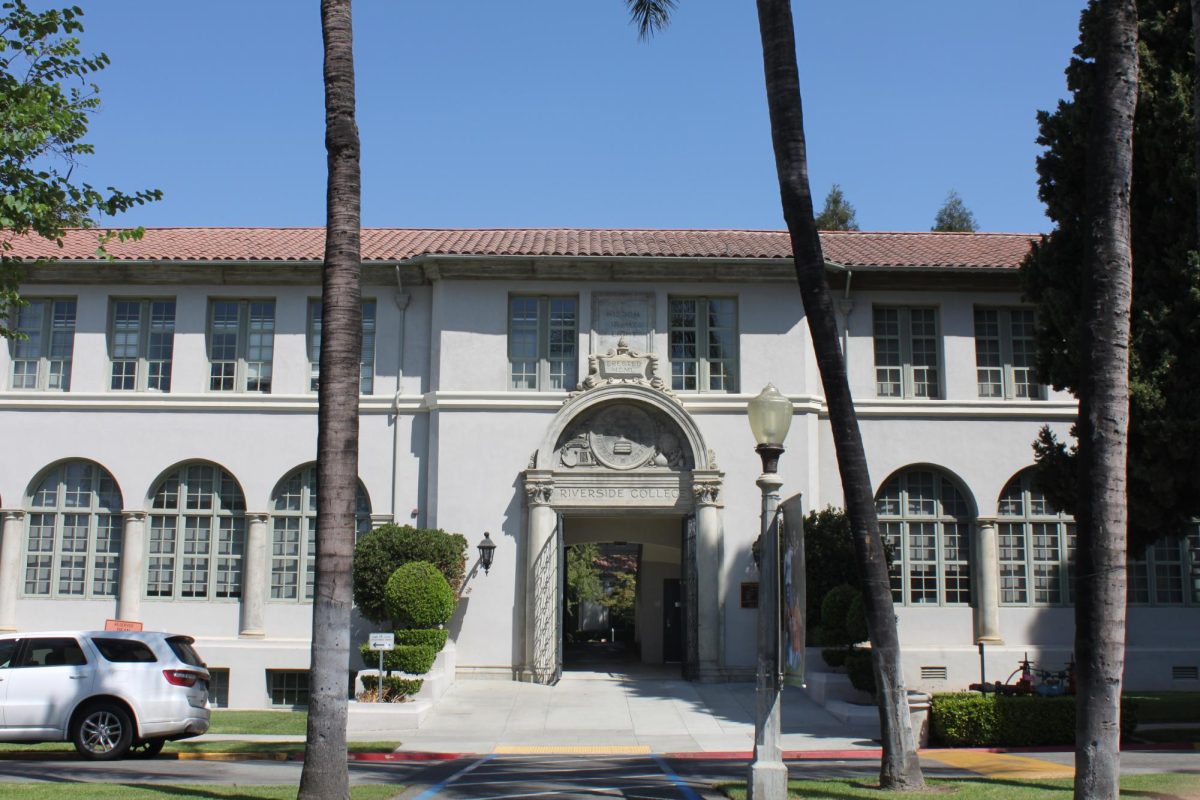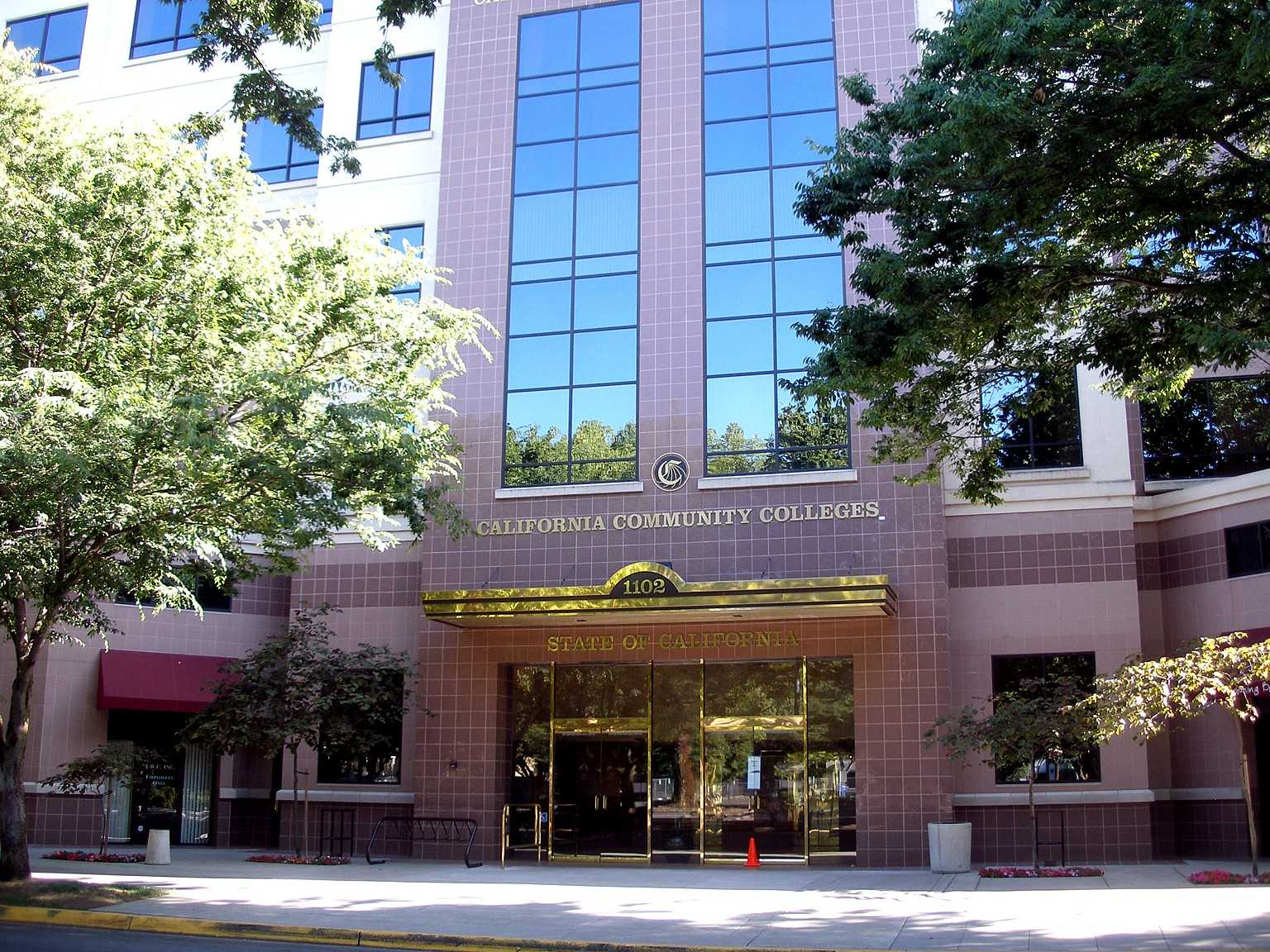
By Erik Galicia
The head of the California Community College system called for students to actively participate in advocacy for their needs as they navigate the financial uncertainty of the fall 2020 semester.
The system is looking at around $1.5 billion in deferrals for the 2020-21 academic year, meaning colleges may not receive that amount of funding they are owed until the following year. If congress approves a large enough stimulus bill by October, Community Colleges may receive around $800 million from the state.
“We are asking everyone to call their member of Congress,” Oakley said during a virtual student town hall Aug. 18. “Push that the next federal stimulus happen soon and that it include funding based on headcount, not on full-time equivalent students.”
The full-time equivalency measure can count several part-time students as one full-time student, often leading to less funding per student for colleges that have large part-time student populations.
Oakley warned that although deferrals may sound like spared budget cuts, state colleges will not be receiving a large percentage of the revenue they expected this upcoming academic year. Colleges may have to borrow money from the markets in order to continue to support their students and employees.
“You can still expect that there will be some cuts,” Oakley said. “Exactly where those cuts will happen depends on the fiscal stability of the college district, but all of our colleges are experiencing a strain on their budgets.”
Oakley claimed there is no sign at this point that the Community College system should expect the lack of resources seen in the years after the 2008 recession, but admitted students from small colleges or colleges experiencing financial difficulties should expect fewer sections offered.
The state chancellor encouraged students to use the California Virtual Campus course exchange, which his office has invested heavily in to help students find online courses not offered at their colleges.
The CVC allows students to search for courses using a variety of criteria and sorts available classes according to the distance from their home campuses.
“This fall semester we are in a much better place than we were in the spring,” Oakley said. “There will be some initial growing pains the first few weeks of the semester. But (students) should expect the same services they’ve always come to expect from our faculty and our staff.”
Several students from across the state raised concerns over faculty availability outside of scheduled class time and the possibility that attempts to curb cheating might drive instructors to implement unreasonable grading policies and expectations.
Oakley urged students to call on their student presidents and trustees for representation during Academic Senate and Board of Trustees meetings if necessary.
“We will continue to look at Title 5 and relax or waive regulations (to) help students continue to make progress and not be penalized because they’ve lost work, they’ve had to reduce hours, they have family members who are sick,” Oakley said.
The U.S. Department of Education recently appealed a Supreme Court decision that ruled the federal government could not withhold emergency pandemic aid from undocumented students, as the Trump administration tried to do at the end of the spring 2020 semester after backtracking on initial guidance that allowed colleges authority over how funds would be disbursed. Will Becerra, California attorney general, is responding to the appeal.
“I’m confident we will continue to overcome the ridiculous arguments Washington (D.C.) makes,” Oakley said. The state chancellor urged students who may have trouble qualifying for financial aid to visit icanaffordcollege.com, a website sponsored by his office, for help.

